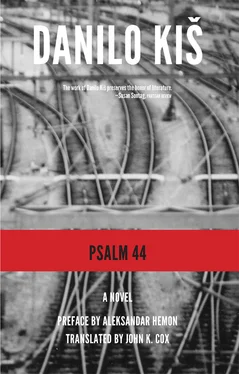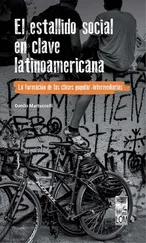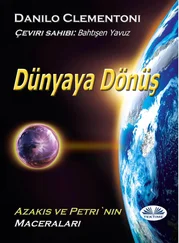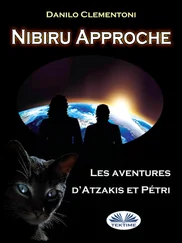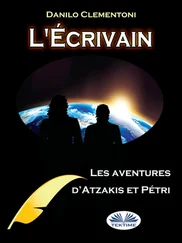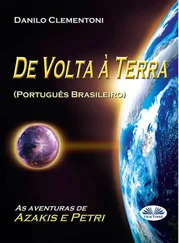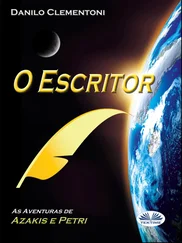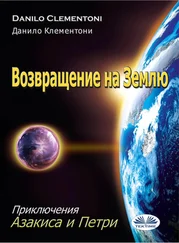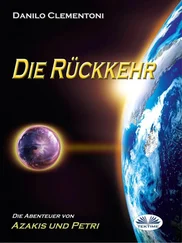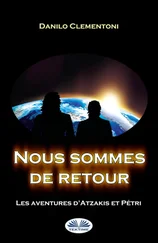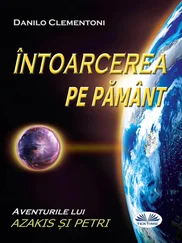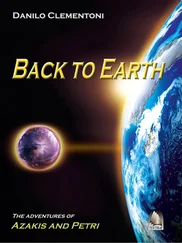Perhaps Kiš was thinking of the prominent role of his deus ex machina , or of the heavy-handed recasting of Mengele as “Dr. Nietzsche,” when he later referred to the book’s plot as “too charged, too overwrought.” 5But ultimately the graphic brutality of some of the scenes in Psalm 44 , as well as the unexpected and highly evocative details — the interplay of light and wire and walls, or some of the bodily sensations of the protagonist, Marija — help key the reader’s emotions to the pain and gravity of the subject. And Kiš’s portrayal of life in the Vojvodina during the heyday of fascism is a rare (and beautifully written) testimony about this under-studied regional chapter of the one huge Holocaust. Native fascism, local collaboration with the Nazis, myths of ancient ethnic hatreds, the envy and insecurity that lie at the psychological root of anti-Semitism, the violence against women — the presence of these historical themes in the narrative makes Psalm 44 far more important than any hasty characterization of it as “provincial” might vouchsafe. No part of the Holocaust was a sideshow, just as the Shoah itself was not a footnote but rather a necessary condition of and an integral component of the Nazis’ geo-strategic and military aims.
The first things one notices about Psalm 44 are the title and the book’s stream-of-consciousness style. The forty-fourth psalm is one in which an ancient voice laments bitterly the fate of his or her people and offers no little challenge to God for this tremendous time of trial:
Thou hast made us like sheep for slaughter,
and hast scattered us among the nations.
Thou has sold thy people for a trifle,
demanding no high price for them. .
Thou hast made us a byword among the nations,
a laughingstock among the peoples.
All day long my disgrace is before me,
and shame has covered my face.
The interior monologues challenge us to make sense of the same situation that Marija is trying to understand. One might even say that Kiš, as author, is grappling with credibility, credulity, and expression just as we, and his characters, are doing: what is occurring is so brutal, so frightening, so wrong, and so new that simple language would be insufficient for it. The reckless punctuation and changes in tense — reproduced at least in part in this translation — and the flashbacks and occasional double flashbacks, along with the compound nouns, some of which even incorporate proper nouns, such as “doll-sleeper” and “fate-Jakob,” all represent attempts to create an emotional and intellectual space in which we might have a fighting chance of understanding something of what the characters are facing.
There are many unforgettable, carefully crafted scenes in this novel. We have Anijela in her coffin; the almost unspeakable savagery against civilians on the banks of the icy Danube; the approach of Allied artillery “demolishing the concrete parapet of passive waiting and resignation to fate”; the description, full of lyricism and surprise, of Marija’s personal encounter with her own deus ex machina in Chapter 5, and her bold assertion of solidarity by means of the transferred memories and feelings of “heroes or virgins” in the following chapter; the harmonization of the combined power of cinematic experience and religious imagery in a flashback to a small village in the prewar Vojvodina; and Marija’s mesmerizing discussion with her parents about the meaning of a public transportation ban for Jews in their provincial capital, Novi Sad. Then, finally, toward the end of the book, we hear and even see (for Kiš combines the imagery) the cry of the child Jan, at once unifying and splitting the world, its proverbial hopefulness downplayed and only faintly present behind the jagged profusion of what Kiš designates, specifically yet with perfect poetic touch, as a world of rabidity, entrails, ashes, fury, and skulls, skulls evoking the terror of some kind of medieval memento mori or the immeasurable forgotten carnage of mass death. All these images draw us deeper and deeper into the scene, sucking out the oxygen from our heads, plunging us into an emotional vacuum, and they are then followed by a statement so simple and clear in formulation that its erudition and irony create emotion right where we thought no more was possible. Kiš once again evokes war, the advance of foreign forces, artillery — disembodied but Soviet, lethal but promising rescue—“proclaiming the terrible love between nations.”
There are many admirable and emotionally powerful works of Holocaust literature. All kinds of people have written such works: from victims and observers of the events of the 1930s and ’40s, to relatives and loved ones of victims after the fact, to artists with no direct connection to those events who want to engage with the Holocaust’s maelstrom of deep and painful emotions and its microcosm of plots and themes. What, however, makes certain works of Holocaust literature “great”? This historian and translator admits to a preference for literary works in which the challenges of form somehow evoke or parallel the challenge of the content; I am also drawn — in what is probably a peril of the historian’s trade — to works that reflect some of the historiographical richness of the remarkable field of Holocaust studies: for example, such topics such as collaboration; resistance; struggles of memory and representation; non-German anti-Semitism; and murder outside the camps, outside the ghettos, and outside Poland and Germany. In other words, since the popular understanding and media tropes of the Holocaust leave so much of these chapters of history, and the scholarship based on them, unplumbed, books that engage our minds and our ethical faculties in less common ways would seem to be worthy of particular attention. Psalm 44 is this kind of book.
JOHN K. COX, 2012
1. “Night and Fog,” trans. John K. Cox, Absinthe: New European Writing 12 (2009): 94–133.
2. “Seeking a Place under the Sun for Doubt,” in Homo Poeticus: Essays and Interviews , ed. Susan Sontag (New York: Farrar, Straus, Giroux, 1995), 186.
3. “Life, Literature,” in Sontag, Homo Poeticus , 249.
4. “Seeking a Place under the Sun for Doubt,” in Sontag, Homo Poeticus , 186.
5. “Life, Literature,” in Sontag, Homo Poeticus , 249.
Ja, ja, ich verstehe : “Yes, yes, I understand. . But I don’t think she’s it. Too small. Her pelvis is like a child’s. But insofar as my esteemed colleague considers her sufficiently attractive. .”
Du, Abschaum! : “You, scum!”
mutan gemišt, mongrel : Kiš uses a highly unusual pejorative, which might be translated as “muddy mixture.”
Let us pray : Russian in the original: “ Pomolimsja !”
Lama, lama : “Why, why” in Hebrew and Aramaic. Probably a reference to the phrase uttered by Jesus on the cross, as recorded in Matthew 27:46 and Mark 15:34: “My God, my God, why have you forsaken me?”
s ome five hundred kilometers from Berlin : the Serbian text actually locates Marija and Žana a rather unlikely five hundred kilometers “ northwest of Berlin.”
on top of a hayrick : Kiš has “on top / at the summit of [the] Hainkorn,” leaving his translator and editors to puzzle over whether this is meant to be a (misspelled or fictional) German mountain or else a pile of wheat hay (German Einkorn = “single-grain,” wild wheat).
DANILO KIŠ was one of Serbia’s most influential writers and the author of several novels and short-story collections, including A Tomb for Boris Davidovich, Hourglass , and Garden, Ashes . He died in 1989 at the age of 54.
Читать дальше
